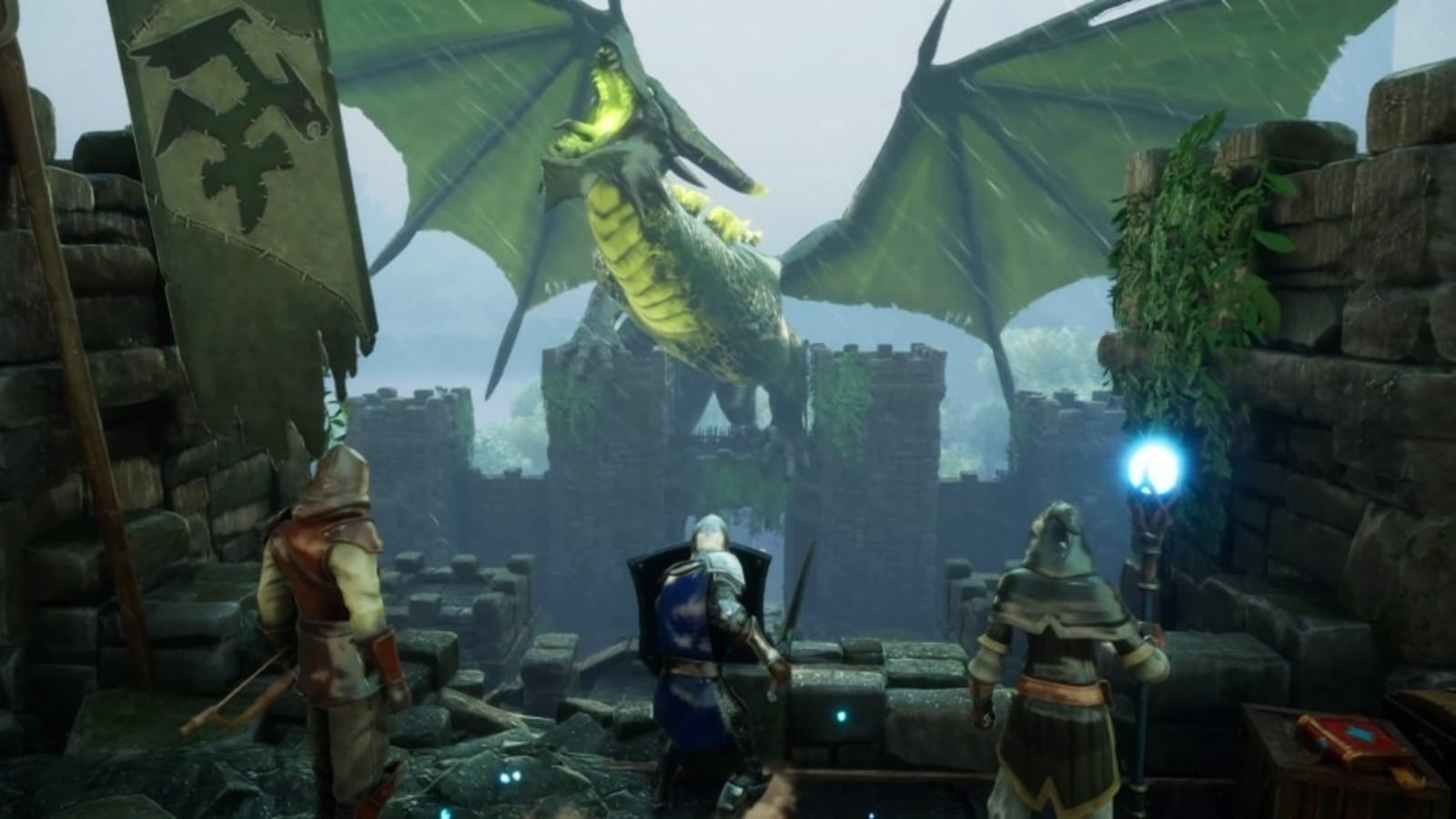Peter Navarro, a White House adviser to former President Donald J. Trump who defied a subpoena to provide information to the House committee investigating the Capitol attack, was indicted on Friday by a federal grand jury on charges of contempt of Congress.
Prosecutors said that Mr. Navarro, 72, failed to appear for a deposition or provide documents to congressional investigators in response to a subpoena issued by the House committee on Feb. 9. The indictment charges him with two counts of contempt that each carry a maximum sentence of a year in prison, as well as a fine of up to $100,000.
Mr. Navarro, who was arrested and taken into federal custody, did not immediately respond to a request for comment. He appeared in Federal District Court in Washington on Friday afternoon.
A former White House trade adviser who undertook extensive efforts to keep Mr. Trump in office after the 2020 election, Mr. Navarro is the second high-ranking former presidential aide to be charged with contempt of Congress for defying a subpoena from the House committee investigating the Jan. 6 attack. Stephen K. Bannon, a former top aide to Mr. Trump, was indicted in November on similar charges.
The indictment against Mr. Navarro came nearly two months after the House voted mostly along party lines to recommend criminal charges against him. The same vote also recommended a contempt indictment against another of Mr. Trump’s top aides, Dan Scavino Jr.
The House has also recommended that Mark Meadows, the former White House chief of staff, be charged with contempt. But the Justice Department has yet to take action on the criminal referrals against Mr. Meadows or Mr. Scavino.
The House subpoena that Mr. Navarro received sought documents and testimony about an effort to overturn the election that he had billed as the “Green Bay Sweep.” The plan called for lawmakers in key swing states to team with Republican members of Congress and Vice President Mike Pence to reject the results that showed Joseph R. Biden Jr. had won the election in order to give Mr. Trump the victory.
The subpoena also mentioned a call that Mr. Navarro participated in with Mr. Trump and his lawyers on Jan. 2, 2021, in which they attempted to persuade hundreds of state lawmakers to join the effort.
Mr. Navarro also wrote a 36-page report claiming election fraud as part of what he called an “immaculate deception” that he said he made sure was distributed to Republican members of Congress.
There is no evidence of widespread fraud in the 2020 election, and the Jan. 6 committee has described the claims in Mr. Navarro’s report as having been “discredited in public reporting, by state officials and courts.”
The indictment comes days after Mr. Navarro filed a lawsuit against the House committee, Speaker Nancy Pelosi and the U.S. attorney for the District of Columbia, in which he questioned the authority and validity of the inquiry.
In the lawsuit, Mr. Navarro also revealed that he had recently received another subpoena, this one from a federal grand jury in Washington. That subpoena sought documents from him related to any communications he may have had with Mr. Trump or his lawyers.
Mr. Navarro has claimed that because Mr. Trump invoked executive privilege to bar the disclosure of information requested by the Jan. 6 investigators, he is prevented from complying with the subpoena. Prosecutors were most likely interested in how closely Mr. Navarro was in touch with the former president or his lawyers in order to assess that defense against the contempt of Congress charge.
“The executive privilege invoked by President Trump is not mine to waive,” Mr. Navarro has repeatedly said.
Mr. Bannon has also sought to argue that he does not have to comply with his own subpoena because of Mr. Trump’s claims of executive privilege. A trial in his case is tentatively scheduled for July.
Mr. Bannon is arguing that the select committee is not a legitimate investigative body but a politically motivated one, citing the fact that two of its members have written books that presuppose who is to blame for the Capitol riot even though the inquiry has not ended.
While contempt of Congress charges are rarely brought, the cases filed against Mr. Navarro and Mr. Bannon suggest that the Justice Department has been willing to take a tough stance against at least some of Mr. Trump’s former aides who have stonewalled the House committee’s efforts.
The charges against Mr. Navarro come at a politically sensitive moment: one week before the committee is poised to begin a series of high-profile hearings on its findings.
Mr. Navarro has taken an equally aggressive stance toward the committee, especially with regard to its Democratic members. In his lawsuit, he vowed payback against Democrats should Republicans retake the White House and Congress in 2024.
“If I’m not dead or in prison,” he wrote, “I will lead the charge.”
Maggie Haberman contributed reporting.

























